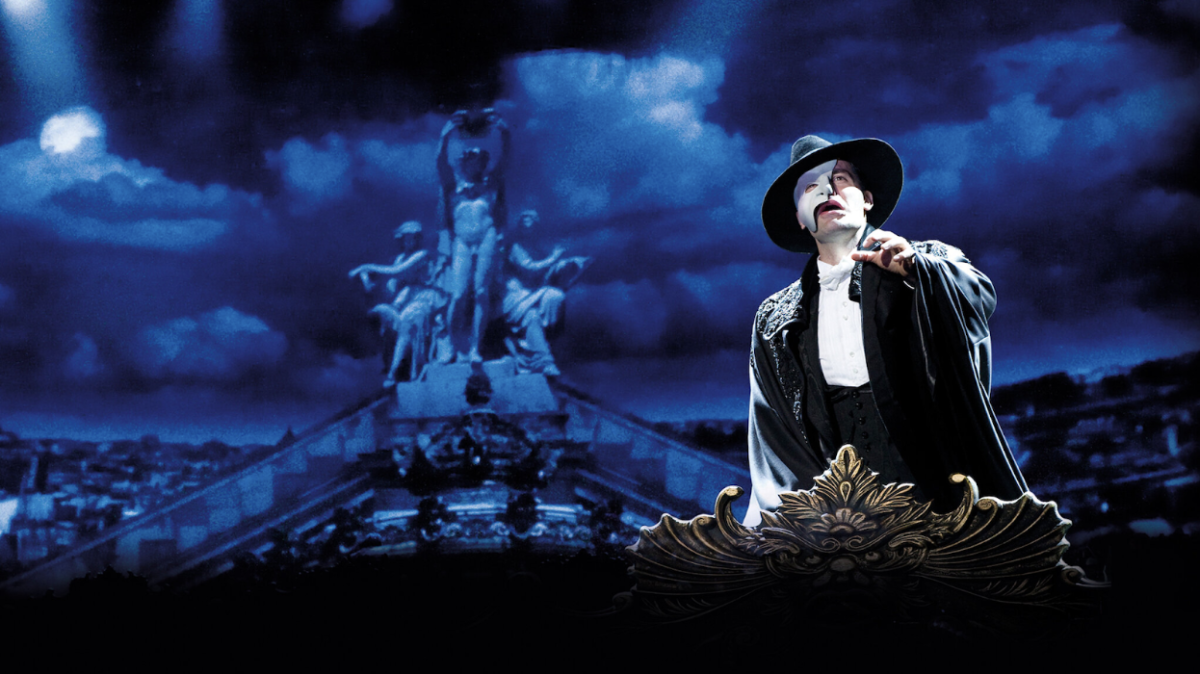If you consider yourself to be among the finest class of people, *cinephiles*, you will have noticed how badly the film industry is suffering. The Marvels, one of the most highly anticipated films of the spring (or autumn/fall, depending where you’re from) opened to $110 million worldwide. This is considered a disaster for Marvel, the studio that made it. It literally suffered the lowest opening weekend for a Marvel movie ever-even worse than The Incredible Hulk! This was quite stunning for industry spectators, but did prove that Marvel is not the box office juggernaut that it had previously been. This is interesting when you view the list of box office flops 2023 has bought us; you can find movies such as: Shazam: Fury of the Gods, Ant-Man and the Wasp: Quantumania, The Flash, etc; surprising true, but it does make sense when you look at it.
Firstly, the massive budgets:
Back in the 2010s, a $200 million dollar budget seemed justified, with a superhero on the poster. Avengers: Endgame cost $556 million ($356 million production, $200 million advertising) but grossed $2.7 billion, making around $2.144 billion. The Dark Knight Rises cost $250 million but grossed $1.085 billion. Films like these convinced studios that these massive budgets were justified, but they missed the reason why: The stories (more on that later). They interpreted the numbers as proof that fans loved the fight scenes (which they did), and the VFX (which for both movies, even today, is very impressive), choosing to focus on making the movie look cool rather than giving it an emotional core. This can be seen through The Flash, a film called the “greatest DC movie ever” by James Gunn (who controls DC’s films along with Peter Safran), loved by Tom Cruise and Stephen King, but perceived as overhyped and mediocre by most critics and fans (more on this later). The Flash had a production budget of minimum $220 million (though reports suggest it could be $300 million) and a marketing budget of at least $65 million, it needed at least $400 million to break even. But as you may know, it only made $270 million, meaning it lost $200 million! While this on the slightly more extreme side (Ant-Man and the Wasp: Quantumania only made $100 million, which is terrible for a Marvel movie and that doesn’t consider the money the theatres received as well) it still shows how impactful the size of the budget can be in determining the success of a blockbuster.
Secondly, the stories:
But these big budgets are sometimes necessary to tell stories of massive proportions. Endgame’s budget makes sense as it’s a superhero/sci-fi/action/fantasy film. The type of stories told generally decide the budget of a film. If the story is a huge enough deal, like Endgame, was the culmination of 21 films while it also had to be its own story, and thus needed to have a huge budget. But the budget doesn’t matter if fans don’t turn up, and one of the biggest guarantees to bring audiences into a cinema would generally be a good film. Endgame, had the hype of twenty-one films before it, but somehow managed to conclude the Infinity Saga as well as be a very beloved film. On the other hand, The Flash, with its generally mixed reviews, suffered badly, among many other reasons, as a result of bad writing. While it’s generally true that good reviews don’t decide a movie’s box office success (notable flops that people loved include Citizen Kane, The Shawshank Redemption and Cleopatra), they honestly do go a long way to making them financial successes.
And then there’s franchise fatigue:
In 2019, massive auteur director Martin Scorsese told Empire that he thought Marvel films“were’t cinema. This comment understandably frustrated a lot of Marvel fans. Scorsese was even forced to offer an explanation for his comments. But he did make some good points. Like a lot of directors, he said that superhero films are flooding the film industry, and the studios making them are more interested in the fans’ consumption of them than in the art side of it. And as the 2020s have gone by, his comments have begun to make sense: In 2023 alone, we had three MCU films, four DCEU films (when Aquaman and the Lost Kingdom comes out), one Spider-Verse film, two MCU shows and a The Boys spin-off. That’s eleven projects! And 2024 isn’t showing any signs of slowing down either. With so many movies coming out, fans begin to feel that they don’t have to watch the films anymore, because, what’s the point? What’s the point of watching so many movies? And there’s the shows as well. The MCU’s addition of shows as required viewing may have led to some great shows (WandaVision, Loki) but it adds 6-8 hours more MCU content on top of the three two hour movies. It’s a lot. Fans no longer have time for the MCU, and certainly not for the poor quality of the DECU. Plus, these franchises have been going on for so long. The MCU is 16 years old in 2024, the DECU 11; Mission Impossible 28; Fast and Furious 23. These franchises are old, and have been going on for so long, and have so much content, that they become inaccessible for new fans, and impossible for old fans.
So in conclusion, there are many factors that can explain why so many superhero movies have flopped (Ezra Miller’s legal troubles didn’t help the Flash, nor the poor choice to announce the new DC universe in January effectively make the Flash a pointless movie to watch in the eyes of the fans), and it remains to be seen how studios and filmmakers react to it.
Sources & Recommended Reading:
- https://www.boxofficemojo.com/
- https://www.euronews.com/culture/2023/08/23/whats-behind-all-the-box-office-flops-this-year-and-what-lessons-can-hollywood-learn
- https://www.cbr.com/biggest-flops-2023-summer/
- https://www.bbc.co.uk/bitesize/articles/zfdtt39
- https://www.indiewire.com/gallery/best-films-box-office-bombs/
- https://collider.com/the-flash-movie-box-office-breakdown/
- https://fortune.com/2023/11/24/the-marvels-box-office-flop-end-era-studios-winning-formula-beginning-new-hollywood-workers-entertainment/
- https://variety.com/2023/film/box-office/the-marvels-box-office-lowest-grossing-mcu-movie-history-1235819808/














